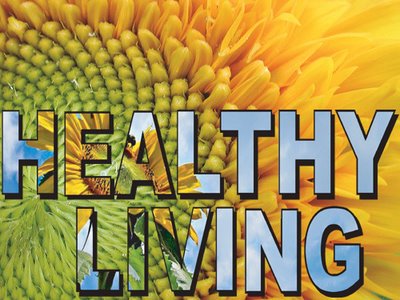
Shiitake
Common name: Hua gu
Botanical name: Lentinus edodes
Parts used and where grown:
Wild shiitake mushrooms are native to Japan, China, and other Asian countries and typically grow on fallen broadleaf trees. Shiitake is now widely cultivated throughout the world, including the United States. The fruiting body is used medicinally
Shiitake has been used in connection with the following conditions (refer to the individual health concern for complete information):
Hepatitis, HIV Support, Infection, Prostrate Cancer
Historical or traditional use (may or may not be supported by scientific studies)
Shiitake has been revered in Japan and China as both a food and medicinal herb for thousands of years. Wu Ri, a physician from the Chinese Ming Dynasty era (A.D. 1368–1644), wrote extensively about this mushroom, noting its ability to increase energy, cure colds, and eliminate worms.1
Active constituents
Shiitake contains proteins, fats, carbohydrates, soluble fibre, vitamins, and minerals. In addition, shiitake’s key ingredient—found in the fruiting body—is a polysaccharide called lentinan. Commercial preparations employ the powdered mycelium of the mushroom before the cap and stem grow. This preparation is called lentinus edodes mycelium extract (LEM). LEM is rich in polysaccharides and lignans.
One preliminary trial suggested that oral shiitake may be useful for people with hepatitis B.2 A highly purified, intravenous form of lentinan is used in Japan and has been reported to increase survival in people with recurrent stomach cancer, particularly when used in combination with chemotherapy.3 Similar findings have been found in one small clinical trial with people suffering from pancreatic cancer.4 Case reports from Japan suggest that intravenous lentinan may be helpful in treating people with HIV infection.5 However, large-scale clinical trials to confirm this action have not yet been performed.
Oral supplementation of lentinan from shiitake has been shown to significantly reduce the recurrence rate of genital warts (condyloma acuminata). A preliminary trial involving a group of men and women with genital warts found that those who took 12.5 mg of lentinan twice a day for two months after laser surgery had significantly fewer recurrences (10.53% recurrence rate) compared to those who only had the laser surgery (47.06% recurrence rate).6
How much is usually taken?
The traditional intake of the whole, dried shiitake mushroom is 6–16 grams per day.7 The mushroom is typically eaten in soups or taken as a decoction (i.e., boiled for 10–20 minutes, cooled, strained, and drunk). Recommended intake of LEM is 1–3 grams two to three times per day. Purified lentinan is considered a drug in Japan and is not currently available as an herbal supplement in North America.
Are there any side effects or interactions?
Shiitake has an excellent record of safety but has been known to induce temporary diarrhoea and abdominal bloating when used in high amounts (above 15–20 grams per day). Its safety during pregnancy and breast feeding has not yet been established.
Are there any drug interactions?Certain medicines may interact with shiitake. Refer to drug interactions for a list of those medicines
References:
1. Jones K. Shiitake: The Healing Mushroom. Rochester, VT: Healing Arts Press, 1995.
2. Jones K. Shiitake: A major medicinal mushroom. Alt Compl Ther 1998;4:53–9 [review].
3. Taguchi I. Clinical efficacy of lentinan on patients with stomach cancer: End point results of a four-year follow-up survey. Cancer Detect Prevent Suppl 1987;1:333–49.
4. Matsuoka H, Seo Y, Wakasugi H, et al. Lentinan potentiates immunity and prolongs survival time of some patients. Anticancer Res 1997;17:2751–6.
5. Hobbs C. Medicinal Mushrooms. Santa Cruz, CA: Botanica Press, 1995, 125–8.
6. Guangwen Y, Jianbin Y, Dongqin L, et al. Immunomodulatory and therapeutic effects of lentinan in treating condyloma acuminata. CJIM 1999;5:190–2.
7. Hobbs C. Medicinal Mushrooms. Santa Cruz, CA: Botanica Press, 1995, 125–8.
Information from: http://www.naturescorner.co.uk/
General Safety Advisory
~The information in this document does not replace medical advice.
~Before taking an herb or a botanical, consult a doctor or other health care provider-especially if you have a disease or medical condition,take any medications, are pregnant or nursing, or are planning to have an operation.
~Before treating a child with an herb or a botanical, consult with a doctor or other health care provider.
~Like drugs, herbal or botanical preparations have chemical and biological activity. They may have side effects. They may interact with certain medications. These interactions can cause problems and can even be dangerous.
~If you have any unexpected reactions to an herbal or a botanical preparation, inform your doctor or other health care provider.
